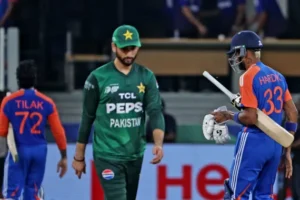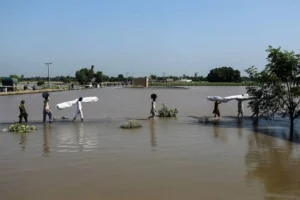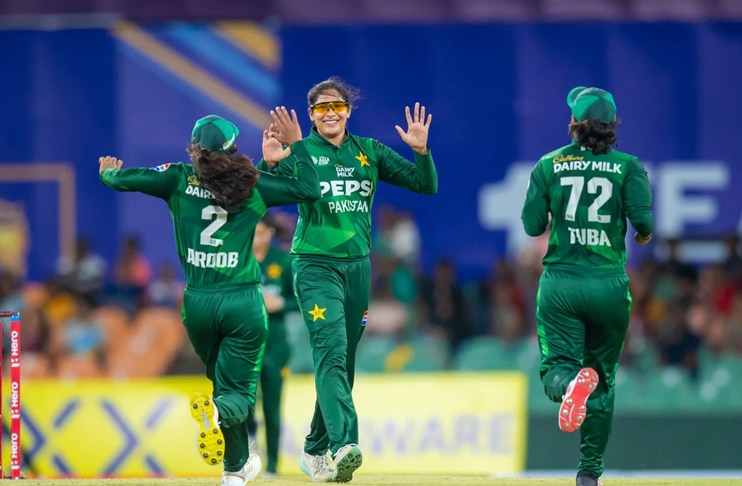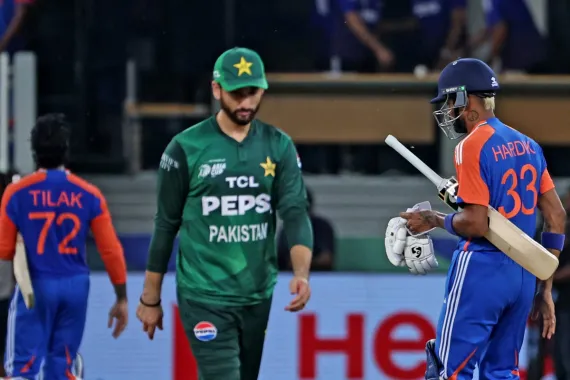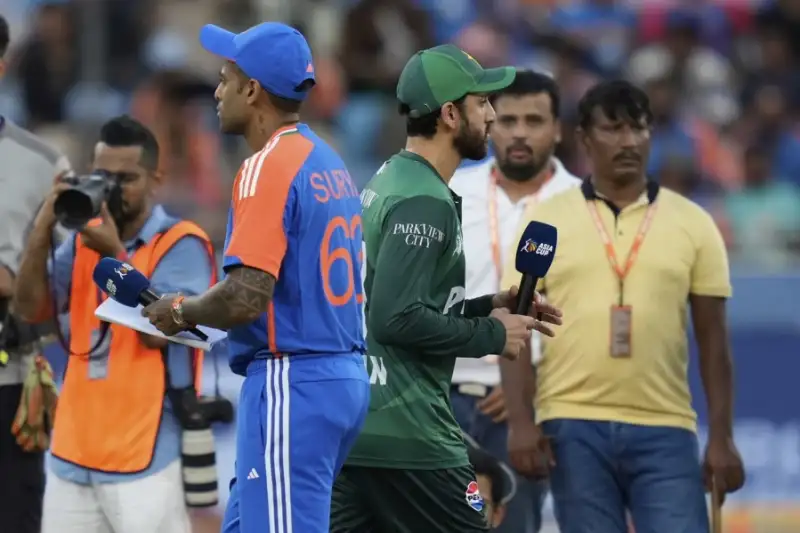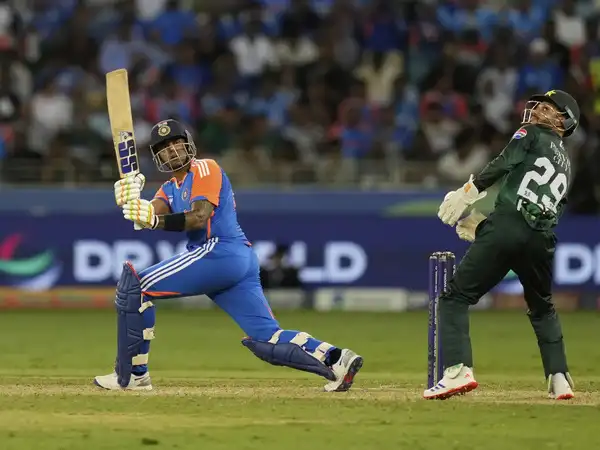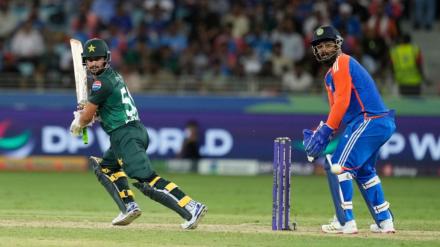So, here’s the news that left a lot of people scratching their heads this week: the Pakistan Cricket Board (PCB) has delayed the Women Talent Hunt Trial in Karachi.
Now, for most of us reading this, it might feel like just “another delay.” But for the girls who were gearing up for it—some training every single day, some traveling to Karachi just for this—it’s a pretty big deal.
Why the Delay?
That’s the question everyone’s been asking. PCB hasn’t given a crystal-clear explanation. The official line is “logistical reasons.” What does that mean? Could be the stadium wasn’t free, scheduling overlaps, maybe organizational gaps—we don’t know for sure.
But let’s be real. Women’s cricket in Pakistan hasn’t exactly been treated with top priority over the years, so when something like this happens, eyebrows naturally go up.
Aspiring Cricketers Left Hanging
For many of these young women, the Karachi trial wasn’t just one more date on the calendar. It was their chance to finally be seen. Some players had worked for months, fine-tuning their bowling action or improving their batting technique. Others saved up money just to make the trip.
And now? Back to waiting.
One participant reportedly said, “We don’t get too many trials, so every delay feels heavier.” That hits home. Because unlike the men’s side—where camps and tournaments happen year-round—women’s cricket programs run on limited chances.
Women’s Cricket in Pakistan: Still Climbing the Hill
If you follow Pakistan cricket, you’ll know women’s cricket has grown slowly but surely. We’ve got internationally recognized names now—Nida Dar, Muneeba Ali, Bismah Maroof—who’ve inspired countless girls.
But the system behind them? Still shaky. Talent hunts like these should be the heartbeat of grassroots cricket, yet a single cancellation shows there’s plenty of work still to do.
What Happens Next?
PCB has said the trials aren’t canceled forever—just pushed to a later date. They’ve promised fresh dates will be announced soon. Whether that’s enough to calm the frustration is another story.
For the girls, it means keeping the fire alive a little longer. Training harder. Waiting again. Hoping the next date actually sticks.
Social Media Reaction
As expected, news spread fast on Twitter (or X) and Instagram. Fans weren’t shy about their opinions.
Some blasted PCB for what they called “poor planning.” Others were sympathetic, admitting that running multi-city trials isn’t simple. But if there was one common thread, it was frustration. Everyone knows women’s cricket already struggles for visibility—and delaying events like these doesn’t help.
My Take
Here’s what I think: Delay or not, people want to see women’s cricket take off properly in Pakistan. We don’t want to keep cheering the same handful of players; we want more talent, more stories, more heroes for young girls to look up to.
That’s why every trial matters. It’s not just about finding a future star—it’s about proving to aspiring players that they matter, that their dreams aren’t being pushed to the sidelines.
Final Word
PCB delaying the Women Talent Hunt Trial in Karachi might look minor on paper, but the emotional impact is bigger. For now, Karachi’s young women cricketers have to wait, but the hope is that when the trial finally takes place, it’s worth the wait—and worth the frustration.
Because in the end, Pakista








